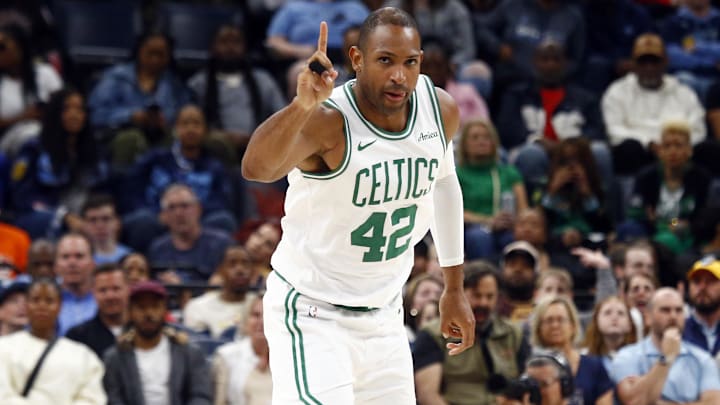The Boston Celtics played from ahead every round en route to last year's championship. They also swept the New York Knicks 4-0 in the regular season. That's irrelevant now.
What matters most is winning Game 2 and protecting the parquet on Wednesday. The NBA's reigning champions will have to lean on their ability to bounce back after defeat to accomplish that.
Boston went 17-2 after a loss in the regular season.
"One of our strengths as a group is that we're able to learn from good and bad, and I know that we will be better moving forward," stated Al Horford from the Auerbach Center podium a day after the Celtics' 108-105 overtime loss to the Knicks.
"Just learn what we can get better at. All the details that led to us losing," said Derrick White. And you can obviously learn from a win, but the things that we need to work on. We've always bounced back, and I don't expect anything different now."
Historically poor performance won't knock Celtics off their game
As the Celtics squandered a 20-point advantage in the second half of Game 1, they turned what were mostly quality looks from beyond the arc into a barrage of bricks.
Boston's 45 errant attempts are the most missed threes in a playoff game in NBA history, per StatMuse. The hosts fared 15/60 from beyond the arc on Monday.
But a deeper dive reveals that NBA.com's tracking data labeled 32 of those as open looks, with the defender 4-6 feet away. The Celtics were 7-of-32 [21.9 percent] on those opportunities.
The tracking data deems 24 of those three-point attempts wide open, with the closest defender at least six feet away. Boston went 7/24 (29.2 percent) on those.
The team that averaged the most makes from beyond the arc in the regular season [17.8] shot 38 percent on open and wide-open threes entering the playoffs, per NBA.com.
"What we do best is read the defense and take the best shot available," voiced Joe Mazzulla while discussing the Celtics continuing to prioritize the best shot available despite what unfolded in Game 1. "It's a balance. We have to do both of those things. If the open ones go in, [then] we're not having this conversation."
It reflects a team that will happily sign up for the looks it created in a series-opening loss. What must change isn't the process; it's the result of those shots.
